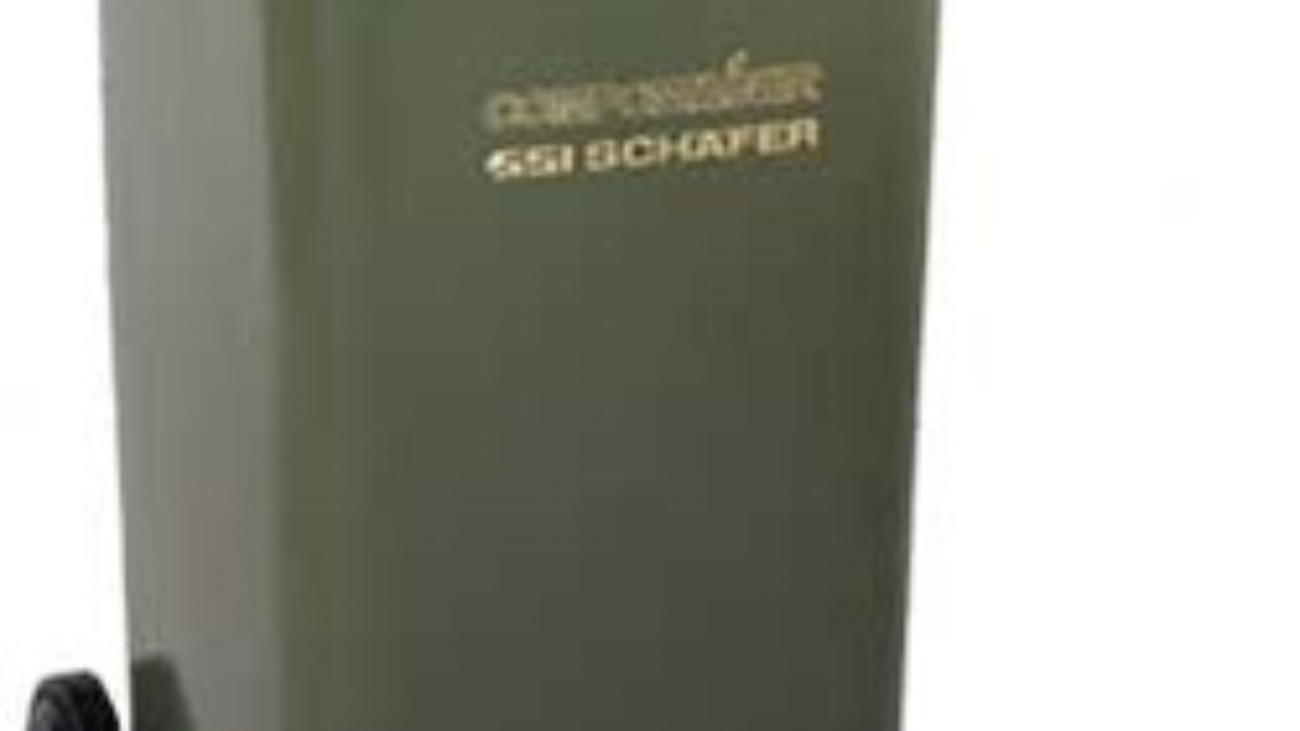The City of Minneapolis has approved curbside collection of compostable items for the neighborhoods of Linden Hills, East Calhoun and Route 2. It’s not too late to join! The program is FREE, ongoing and you can sign up any time.
Residents of single family, duplexes and fourplexes are now able to recycle their organics through the curbside collection program. You don’t need a backyard composter, all you need to have is a willingness to try something new. Over 1400 of your neighbors will attest – it’s so easy! The city drops off a wheeled green cart, you simply keep your organic material -food scraps and soiled paper – separate from your plastic and recycling and simply wheel that material to the curb on your regular garbage pick up day. If you can take out the trash you can curbside compost! For ideas on how to set up your kitchen for composting, click here. For ideas for setting up your other recycling, click here.
Click here for info on Fruit flies and gnats.
Not in a neighborhood that offers curbside composting? Click here to see how easy it is to compost in your backyard or apartment.
Restaurants that Compost: Support those who support the earth!
Love what we’re doing? We could use your support (via financial donation or committee help). Click here for more information.
FREQUENTLY ASKED QUESTIONS (FAQ)
COLLECTION:
How does it work?
Once you sign up to participate in the pilot (see above), the city will deliver a 65 gallon green “organics” cart to your home. It looks very similar to your normal black wheeled bin that you bring out to the curb before your garbage collector arrives. From then on, you will wheel both bins out to the curb on your regular collection day and the city will take your compostables (green cart), and your non-compostable garbage (black cart). Feel free to call the city and request they replace your large 94 gallon black cart with a smaller version (and save $3 per month) if space is an issue. You’ll probably find that there’s very little to put in your black cart anyway. Many people find they only need to put their black cart out every 2 weeks -one less chore on garbage night!
What IS compostable?
Food scraps, including fruit and vegetable peelings, meat, leftovers, etc. Paper products that you’re not currently recycling -(continue to recycle newspaper, office paper, cardboard, corrugated card in your usual manner) that is, tissues, paper towels, egg cartons, pop boxes, paper that’s touched food e.g. paper plates, pizza boxes; waxed containers such as milk cartons, and packaging from fridge and freezer products. By participating in the composting program, you’ll find there should be no paper in your trash at all. Other items that are biodegradable include coffee grounds and filters, tea bags, lint from your dryer, vacuum bags, old potted plants, and unusable old (non-synthetic) clothes. Note, yard waste will not be collected with the organics at this time. You can find a comprehensive, A-Z list of what is and isn’t compostable here.
What is NOT compostable?
There should be very little in your regular black trash cart apart from plastics (plastic wrap, plastic packaging, non recyclable plastic bags) and broken glass, ceramics, rubber, leather, non-recyclable metal (this includes foil-lined items like candy bar wrappers and chip packets), diapers and pet feces. Keep yard waste out as usual. Minnepaolis recycles all plastics 1-7, plus waxed cardboard like milk and OJ cartons, plus aseptic packaging like juice boxes and foil lined soup boxes.
My kitchen is so tiny. How should I set up my home for composting?
Click here for several different ways to set up your trash system -1,400 people can’t be wrong – they thought it would be tricky and then discovered the truth – it’s SO EASY!!!
What are the benefits of composting?
Click here.
How can I get some compost back for my garden?
Just as aluminum can recyclers and plastic bottle recylers don’t give us free cans of pop or bottles of water, the companies that create compost are looking to make a living and create a valued resource, not give away their product for free. We will have some free compost to give away at the Linden Hills festival, but if you want more than a pail full, you can order bulk compost here.
- Introduction To Organics Recycling
- Food-to-People Organics Recycling
- Food-to-Animals Organics Recycling
- Organics Composting
- Conclusion of Organics Recycling Video
For a full listing A through Z, of what is and isn’t compostable, please click here.
TIPS and HINTS:
- Line mini kitchen bin or paper bags with shredded paper, used paper towels, napkins, used paper plates or a sheet of newspaper to help absorb liquid or moisture that escapes from wet food scraps.
- Wrap food scraps like meat, fish, poultry, cooking grease, sauces, soups, etc., in used paper products like used paper towels before placing in mini kitchen bin.
- During warm months, you can freeze food scraps like shell fish or fish until collection day.
- Clean out your fridge, freezer or cupboards of expired food products just before your collection day instead of after your collection day.
- Keep your green cart outside in a shady, convenient, well-ventilated area.
- During the winter, move green cart closer to your house to allow for easier access.
- Keep air vents located at the bottom of the green cart clear to allow for air circulation.
- During warm months, place your green cart curbside each week on your scheduled collection day even if your cart is not full.
- Rub the inside of your green cart lid with vinegar and/or sprinkle a small amount of rock salt, baking soda or lime inside your cart to control fruit flies and prevent pests.

